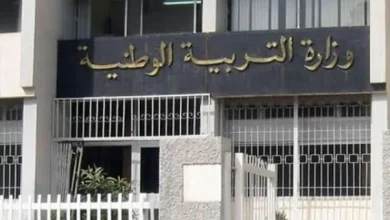Uncover the reasons behind Egypt’s private sector’s 35th consecutive month of contraction. Get expert insights into inflation, supply chain disruptions, and currency devaluation on DZWatch.net.
Egypt’s Private Sector Contraction: Navigating Through Economic Adversity
Cairo, Egypt – The private sector in Egypt, excluding the oil industry, has been in a state of contraction for an unprecedented 35 months. This prolonged period of economic downturn has been marked by challenges such as rampant inflation, persistent supply chain disruptions, and a severe shortage of foreign currency, all of which have taken a toll on the nation’s business activities.
The Standard & Poor’s Global Purchasing Managers’ Index (PMI) for Egypt dropped to 47.9 points in October, staying below the pivotal 50-point mark that differentiates expansion from contraction. This figure underscores the ongoing struggles of Egypt’s private sector as it grapples with a complex economic landscape.
The economic crisis in Egypt is marked by soaring inflation and a stark shortage of foreign currency. The government’s increased borrowing over the last eight years has compounded the challenge of repaying external debt.
In response to the economic downturn, Egyptian authorities have devalued the Egyptian pound three times since early 2022, with the currency losing nearly half its value against the dollar. Additionally, Cairo has imposed import restrictions to manage the shortage of foreign currency, and several banks have restricted the use of local currency debit cards for international transactions to prevent the drain of foreign reserves.
Despite the challenging economic conditions, there was a slight improvement in the production sub-index, which rose to 46.4 from 45.7, and the future output expectations sub-index increased to a ten-month high of 56.4 from 53 in September.
Credit rating agencies have taken note of Egypt’s economic distress, with Fitch Ratings downgrading Egypt’s long-term foreign-currency issuer default rating to ‘B-‘ from ‘B’. This downgrade reflects the increased risks to Egypt’s external financing and macroeconomic stability. Similarly, Standard & Poor’s and Moody’s have downgraded Egypt’s credit ratings due to heightened concerns over the country’s financial health.
DZWatch.net is dedicated to providing detailed coverage and analysis of Egypt’s economic developments as the country confronts these financial challenges.



